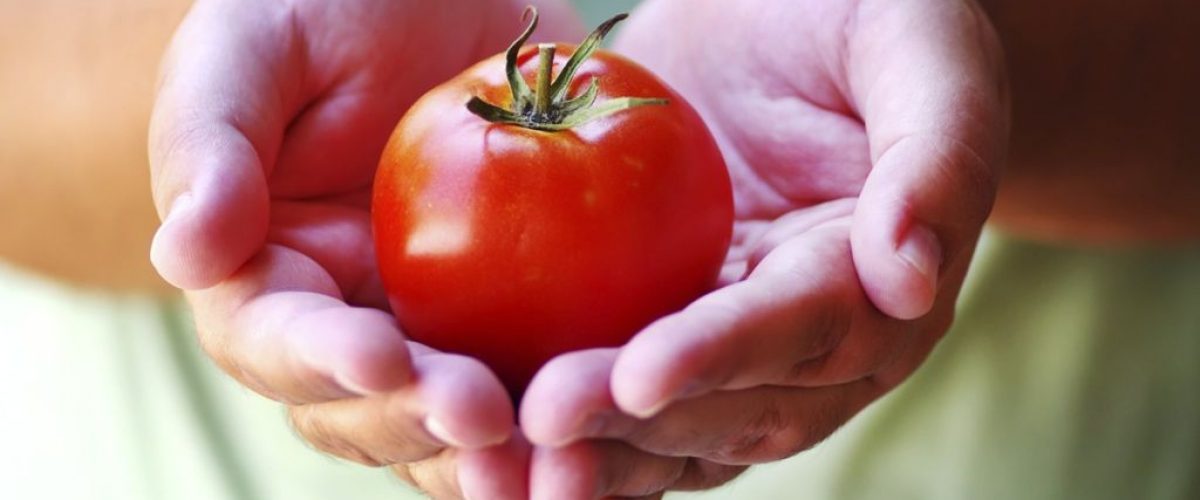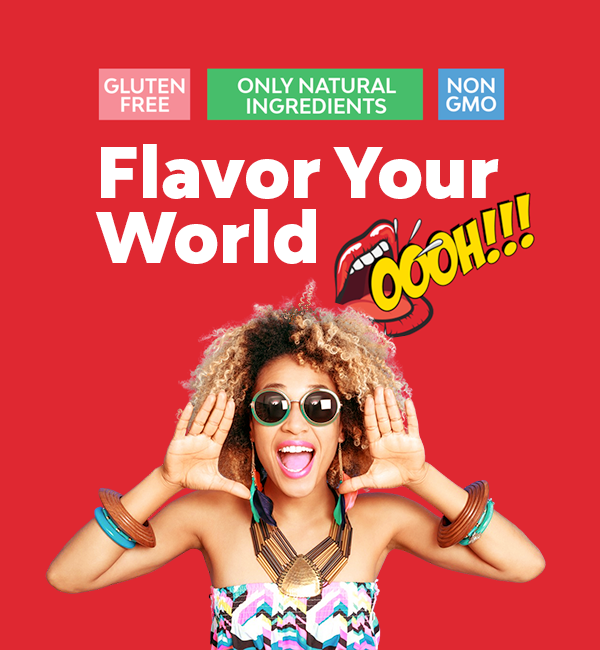Did you know that scientific studies indicate that eating foods with lycopene can actually help your body fight cancer? This is great news because lycopene is readily available in many delicious foods.
Lycopene is a naturally occurring pigment that is found in several places. One of the places it naturally occurs is in your own body. It is the most prevalent red or pink coloring in your body. That means that you can find lycopene in places like your skin, your liver and even in your adrenal glands.
Lycopene is also found in several of the foods we eat. This includes many fruits and vegetables with red or pink coloring, such as tomatoes, watermelon, guava, papaya and grapefruit. For Americans, the largest source of lycopene in the diet, by far, is tomatoes. That is because the lycopene in tomatoes does not deteriorate with cooking. In fact, cooking tomatoes makes them smaller, and therefore more packed in lycopene. Two of the very best sources of lycopene are sun dried tomatoes, and tomato paste. This means that many foods that you probably already love are full of cancer fighting lycopene. This includes foods like spaghetti sauce, tomato soup, and even ketchup. For example, there is almost twice as much lycopene in 78 Ketchup than there is in some other brands of ketchup, because our ketchup is made up of at least 78% tomato solids.
The human body naturally creates a type of cells called free radicals. These cells are unstable cells which can either donate or receive an electron from other nearby cells. Your body actually needs some free radicals. In fact, your immune system creates free radicals that merge with cells like viruses and bacteria to destroy them. Various other processes in the body create free radicals. Things like mitochondria, inflammation, certain injuries and exercise can create free radicals when and where your body needs them. However, your body will create additional free radical cells in reaction to various other things, such as pollution, cigarette smoke, pesticides, and certain drugs. This means that you can end up with more free radical cells than your body needs.
The problem is that free radicals, because of their unstable nature, destroy cells. So, if you have too many of them, they effectively go on a rampage, turning healthy cells into free radicals. This can cause them to multiply excessively. Believe it or not, these free radical cells contain something we all need to live – oxygen. Recent studies show that the key to keeping free radicals in check is for your body to have a balance between free radicals, and antioxidants. When antioxidants in your body are exposed to excessive free radicals, they provide the missing electron to the free radical, which creates a stable cell.
If you have more free radicals than your system can handle, scientists call that oxidative stress. Scientists now believe that oxidative stress plays at least some part in many diseases. These include things such as arthritis, heart disease, stroke, lupus, high blood pressure, AIDS and Alzheimer’s to name a few. (Free radicals, antioxidants and functional foods: Impact on human health, 2010). In fact, some of the differences were marked. The chance of some cancers can be reduced by 20% or more by increasing your intake of tomatoes and tomato based products.
In 1999, a researcher decided to take a look at the available studies to see if eating tomatoes could reduce the risk of cancer. After examining more than seventy studies, he concluded that eating tomatoes (either cooked or raw) reduced the risk of lung cancer, stomach cancer and prostrate cancer. Additionally, he found that eating tomatoes may help you avoid pancreatic cancer, breast cancer, cervical cancer, and oral cancer (among other cancers). (Tomatoes, Tomato-Based Products, Lycopene and Cancer: Review of the Epidemiologic Literature, 1999). More recent studies continue to show that eating tomatoes and tomato based products can reduce the risk of various types of cancers. A review of various reports shows that your rick of certain cancer can be decreased by more than fifteen percent if you simply eat a diet heavy in cooked tomato products.
Surprisingly, the studies did not show the same sort of results for people who merely took lycopene supplements. Sometimes in America, we get the idea that you can just take a pill to create health, instead of using diet and exercise. That does not appear to be the case with lycopene. If you want the full benefits, you need to eat tomatoes and other lycopene and antioxidant rich fruits and vegetables. (Effect of Lycopene Supplementation on Oxidative Stress: An Exploratory Systematic Review and Meta-Analysis of Randomized Controlled Trials, 2013)
In short, if you want to help your body protect itself from all of the harmful effects of oxidation, eating antioxidants is key. Lycopene is an excellent antioxidant and studies have shown that eating tomato based products rich in the antioxidant lycopene can increase your body’s ability to fend of several kinds of cancer. Eating products rich with cooked tomatoes, such as 78 Red Ketchup, is a great way to help your body fight free radicals, and therefore cancer!
Works Cited
Effect of Lycopene Supplementation on Oxidative Stress: An Exploratory Systematic Review and Meta-Analysis of Randomized Controlled Trials. Jinyao Chen, Yang Song, and Lishi Zhang. 2013. 5, s.l. : Journal of Medicinal Food, 2013, Vol. 16.
Free radicals, antioxidants and functional foods: Impact on human health. V. Lobo, A. Patil, A. Phatak, and N. Chandra. 2010. s.l. : Pharmacognocy Review, 2010, Vol. 4(8). 10.4103/0973-7847.70902.
Tomatoes, Tomato-Based Products, Lycopene and Cancer: Review of the Epidemiologic Literature. Giovannucci, Edward. 1999. 4, s.l. : J. Natl. Cancer Institute, 1999, Vol. 91.
Fun Fact – Did you know that one tablespoon of 78 Ketchup contains more lycopene (an antioxidant) than the average medium tomato.
Fun Fact – The heaviest tomato, according to the Guinness World Records weighed a whopping 8.41 pounds, and was grown by Dan MacCoy in Ely, Minnesota.











